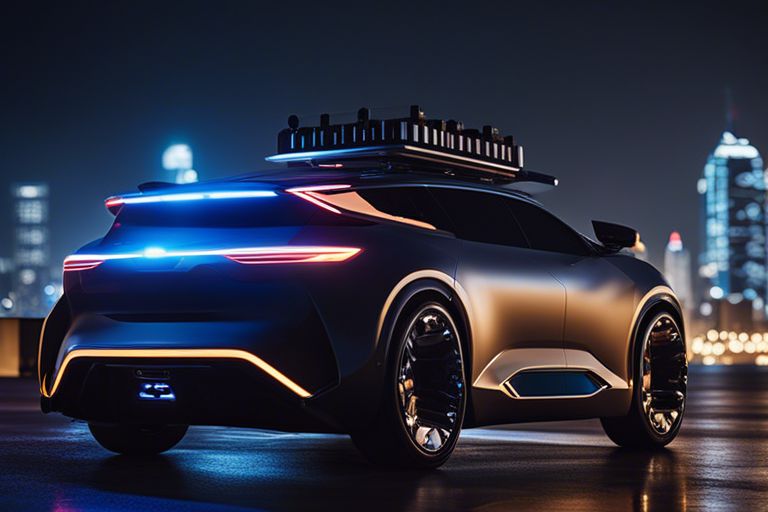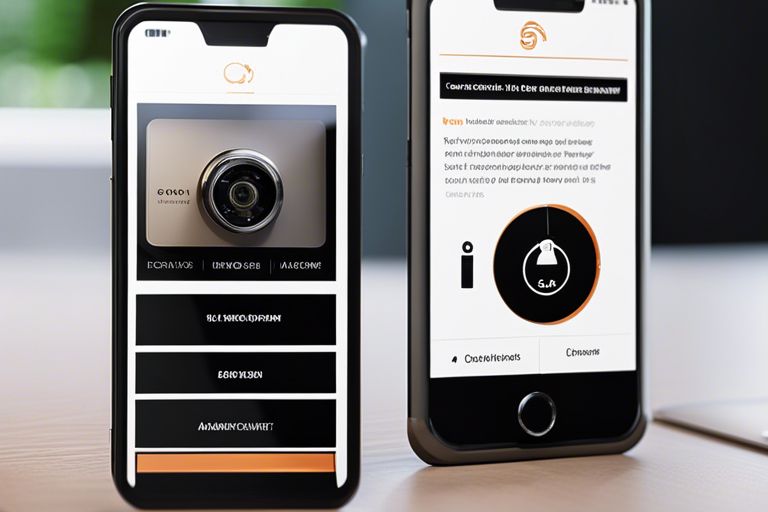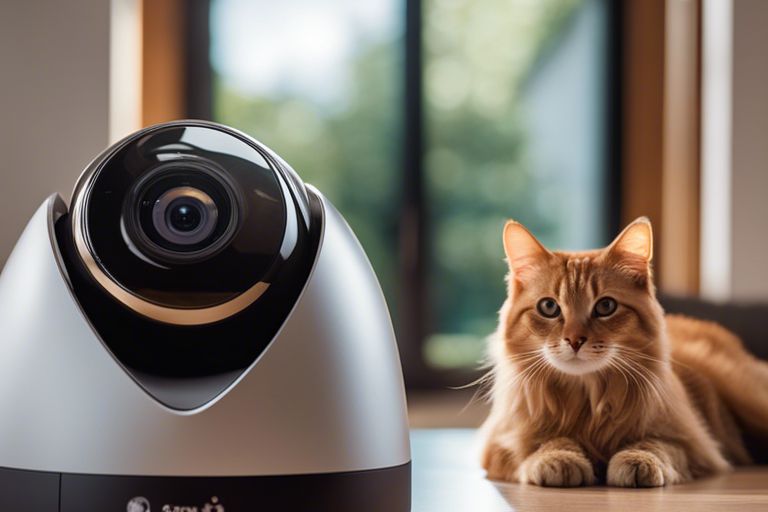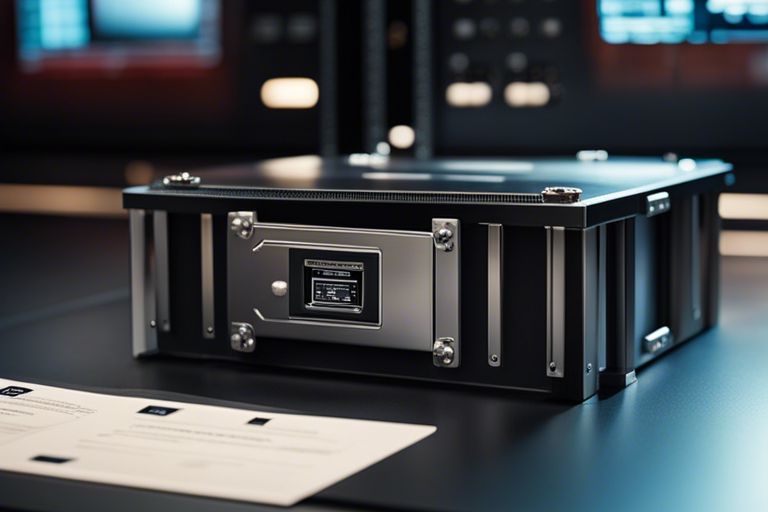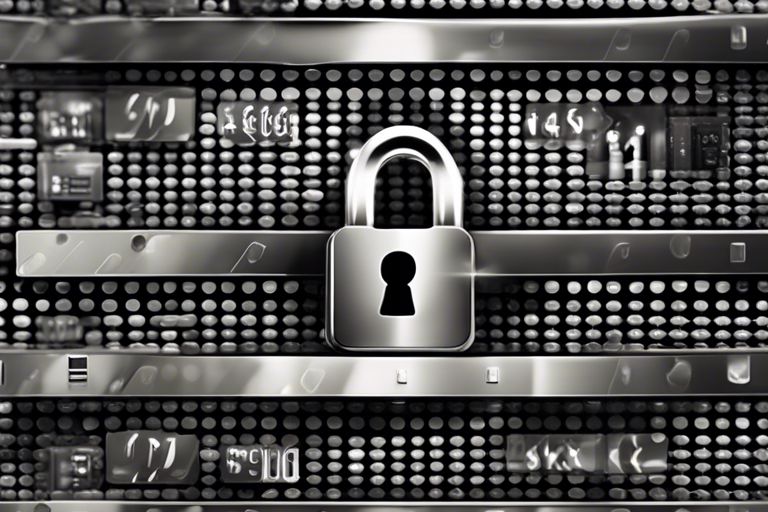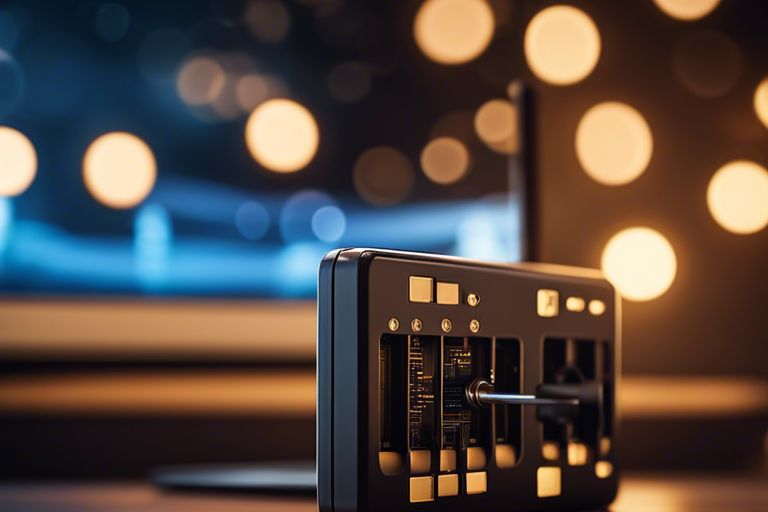Reliable security is a top priority for homeowners, and smart locks have become increasingly popular as a modern solution. These high-tech devices offer convenience and control over access to your home, but many wonder about their reliability in protecting against intruders. In this post, we will research into the world of smart locks to determine if they are a trustworthy option for safeguarding your property.
Key Takeaways:
- Convenience and Accessibility: Smart locks offer convenient features such as keyless entry and remote access control, enhancing accessibility for homeowners.
- Security Features: Advanced encryption and authentication protocols make smart locks a secure and reliable choice for home protection.
- Integration with Smart Home Systems: Smart locks can be integrated with smart home systems, allowing for seamless automation and control of security settings.
- Backup Options: Some smart locks come with backup options like physical keys or keypad access in case of power outages or technical failures.
- Regular Maintenance: To ensure optimal performance and security, it is essential to perform regular maintenance and software updates on smart locks.
What Are Smart Locks?
Even in today’s technologically advanced world, many homeowners are still unfamiliar with smart locks. These innovative devices are changing the way we access and secure our homes, offering convenience, security, and peace of mind.
Smart locks are electronic locks that can be controlled remotely via a smartphone, tablet, or computer. They eliminate the need for traditional keys and allow users to lock and unlock their doors with the touch of a button or by using voice commands.
Definition and Basic Operations
Any homeowner interested in upgrading their home security should consider smart locks. These devices not only provide keyless entry but also offer advanced security features such as access logs, tamper alerts, and the ability to grant temporary access to visitors.
With smart locks, users can easily monitor and control who has access to their home at all times, even when they are away. Whether you’re at work, on vacation, or just relaxing at home, smart locks offer convenience and peace of mind.
Types of Smart Locks Available
For those considering investing in a smart lock, it’s essential to understand the different types available on the market. From basic models with keyless entry to advanced biometric options, there is a smart lock to suit every homeowner’s needs.
- Basic Smart Locks: These models offer keyless entry and can be controlled remotely via a smartphone app.
- Biometric Smart Locks: These advanced locks use fingerprint or facial recognition technology for added security.
- Wi-Fi Enabled Smart Locks: These locks connect to your home’s Wi-Fi network for seamless remote access and control.
- Smart Locks with Key Fobs: Some smart locks come with key fobs for those who prefer a physical backup option.
- Smart Locks with Keypads: These locks allow users to enter a code for entry, offering an additional layer of security.
Thou should choose a smart lock based on your specific security needs and preferences. It’s essential to research and compare different models to find the one that best fits your home and lifestyle.
Plus
For those looking to enhance their home security with a smart lock, it’s crucial to understand the different options available on the market. Whether you’re interested in basic keyless entry or advanced biometric technology, there is a smart lock to suit your needs.
Assessing the Reliability of Smart Locks
If you are considering upgrading your home security system with a smart lock, it is crucial to assess the reliability of these high-tech devices before making a decision. Smart locks offer convenience and added security features, but understanding their mechanisms, built-in security features, vulnerabilities, and risk factors is essential to make an informed choice.
Mechanisms and Built-In Security Features
Assessing the mechanisms and built-in security features of smart locks is fundamental in determining their reliability. Smart locks utilize various mechanisms such as keypads, biometric recognition, and mobile apps for locking and unlocking doors. Built-in security features like encryption, tamper alerts, and remote monitoring enhance the overall protection offered by smart locks.
Vulnerabilities and Risk Factors
Smart locks, like any technology, are not without vulnerabilities and risk factors. Potential vulnerabilities include hacking, jamming, or unauthorized access through compromised networks. It is important to consider the risk factors associated with smart locks and implement additional security measures to mitigate these potential threats.
- Weak password protection
- Bluetooth or Wi-Fi vulnerabilities
Features such as weak password protection and Bluetooth or Wi-Fi vulnerabilities can expose smart locks to security breaches. It is crucial to stay informed about the latest security updates and best practices to ensure the safety and reliability of your smart lock system.
- Inadequate firmware updates
Plus, inadequate firmware updates can leave smart locks susceptible to new forms of cyber attacks. Regularly updating the firmware of your smart lock is essential to address any potential security gaps and ensure the continued reliability of your home’s protection.
Comparing Smart Locks to Traditional Locks
After researching about smart locks and traditional locks, it is essential to compare the two to determine which one is a more reliable choice for your home’s protection. This comparison will help you understand the advantages and situations where each type of lock may prevail.
| Smart Locks | Traditional Locks |
Advantages of Smart Locks
For those looking for convenience and flexibility, smart locks offer keyless entry through smartphone apps, keypads, or even voice commands. This eliminates the need for physical keys, reducing the risk of lock picking and unauthorized duplication. Additionally, you can monitor and control your smart lock remotely, allowing you to grant access to visitors or service providers when you’re not home.
Smart locks can also integrate with your home automation system, enabling you to create customized settings like automatic locking at a specific time or unlocking when you approach the door. In case of a lost or stolen device, you can easily deactivate access through the app, providing added security to your home.
Situations Where Traditional Locks May Prevail
Locks with traditional mechanisms may still be preferable in certain situations where reliability and durability are paramount. For example, in areas with unreliable power sources or poor network connectivity, smart locks may not function optimally, potentially leaving your home vulnerable to security breaches.
For instance, traditional locks are less susceptible to technological malfunctions or hacking attempts compared to smart locks. They provide a sense of familiarity and trust for those who prefer the tried-and-tested mechanical security features. In situations where you prioritize simplicity and are wary of potential electronic vulnerabilities, traditional locks may be the more reliable choice for your home’s protection.
Integration with Home Security Systems
To ensure a comprehensive security setup, it is essential to consider how smart locks integrate with home security systems. Smart locks have the capability to connect with various home security devices such as security cameras, motion sensors, and alarm systems, creating a seamless network of protection for your home. This integration allows for synchronized operation, where actions taken by one device can trigger responses from another, enhancing the overall security of your property.
Compatibility with Other Smart Devices
With smart locks, compatibility with other smart devices is crucial for maximizing convenience and control over your home security. Many smart lock models are designed to work seamlessly with popular smart home platforms like Amazon Alexa, Google Assistant, and Apple HomeKit. This compatibility enables you to manage your smart lock through voice commands or a centralized app, along with integrating it with other smart devices in your home for a truly interconnected security system.
The Impact on Overall Home Protection
Security systems are most effective when they work together seamlessly, creating multiple layers of protection for your home. By integrating smart locks with your home security system, you not only enhance access control but also improve the overall security posture of your residence. Smart locks provide real-time monitoring and the ability to grant access remotely, adding an extra layer of security and convenience to your home.
User Considerations and Best Practices
The Importance of Regular Updates and Maintenance
Maintenance is key when it comes to the reliability and security of smart locks. Just like any technology, smart locks require regular updates and upkeep to ensure they function efficiently and remain secure. It is crucial to stay on top of firmware updates provided by the manufacturer as these often contain essential security patches to protect against potential vulnerabilities.
Regular maintenance also involves checking the battery levels of your smart lock and ensuring that all components are functioning correctly. By incorporating these simple tasks into your routine, you can enhance the overall performance and longevity of your smart lock system, providing you with peace of mind.
Creating a Secure Smart Lock Ecosystem
Considerations for creating a secure smart lock ecosystem extend beyond just the lock itself. It is essential to assess the security of the entire ecosystem, including the mobile app used to control the lock, the Wi-Fi network it is connected to, and any other devices that interact with the lock. Ensuring that all components are secure and up to date is crucial for protecting your home.
Updates to the mobile app and other connected devices should be installed promptly to address any security vulnerabilities that may arise. Additionally, using strong, unique passwords for your smart lock system and enabling features like multi-factor authentication can add an extra layer of security to your setup.
Conclusion
With these considerations in mind, smart locks can be a reliable choice for enhancing your home’s protection. Their advanced features such as remote access, keyless entry, and activity tracking provide added convenience and security. However, it is essential to ensure proper installation, regularly update software, and choose reputable brands to maximize their effectiveness. Smart locks can offer a modern and efficient solution for securing your home, but it is crucial to weigh the benefits and potential risks before making a decision.
FAQ
Q: Are smart locks secure for my home?
A: Smart locks can be a reliable choice for your home’s protection when installed properly and used correctly. They offer advanced security features such as encryption and multi-factor authentication to prevent unauthorized access.
Q: Can smart locks be easily hacked?
A: Smart locks are designed with robust security measures to prevent hacking. However, like any technology, they are not completely immune to hacking attempts. It is essential to update the firmware regularly and use strong, unique passwords to enhance security.
Q: Are smart locks prone to technical failures?
A: Smart locks are equipped with built-in backup power sources and mechanisms to prevent technical failures. However, like any electronic device, there is a possibility of malfunctions. Regular maintenance and monitoring can help minimize technical issues.
Q: Can I still use a traditional key with a smart lock?
A: Most smart locks come with a traditional key override option as a backup method. This allows you to use a physical key if the smart lock experiences technical issues or if you prefer a non-digital entry method.
Q: Are smart locks compatible with smart home systems?
A: Smart locks are designed to integrate seamlessly with smart home systems, allowing you to control and monitor your lock remotely through a smartphone app or voice commands. They can also be linked with other smart devices for enhanced security and convenience.

